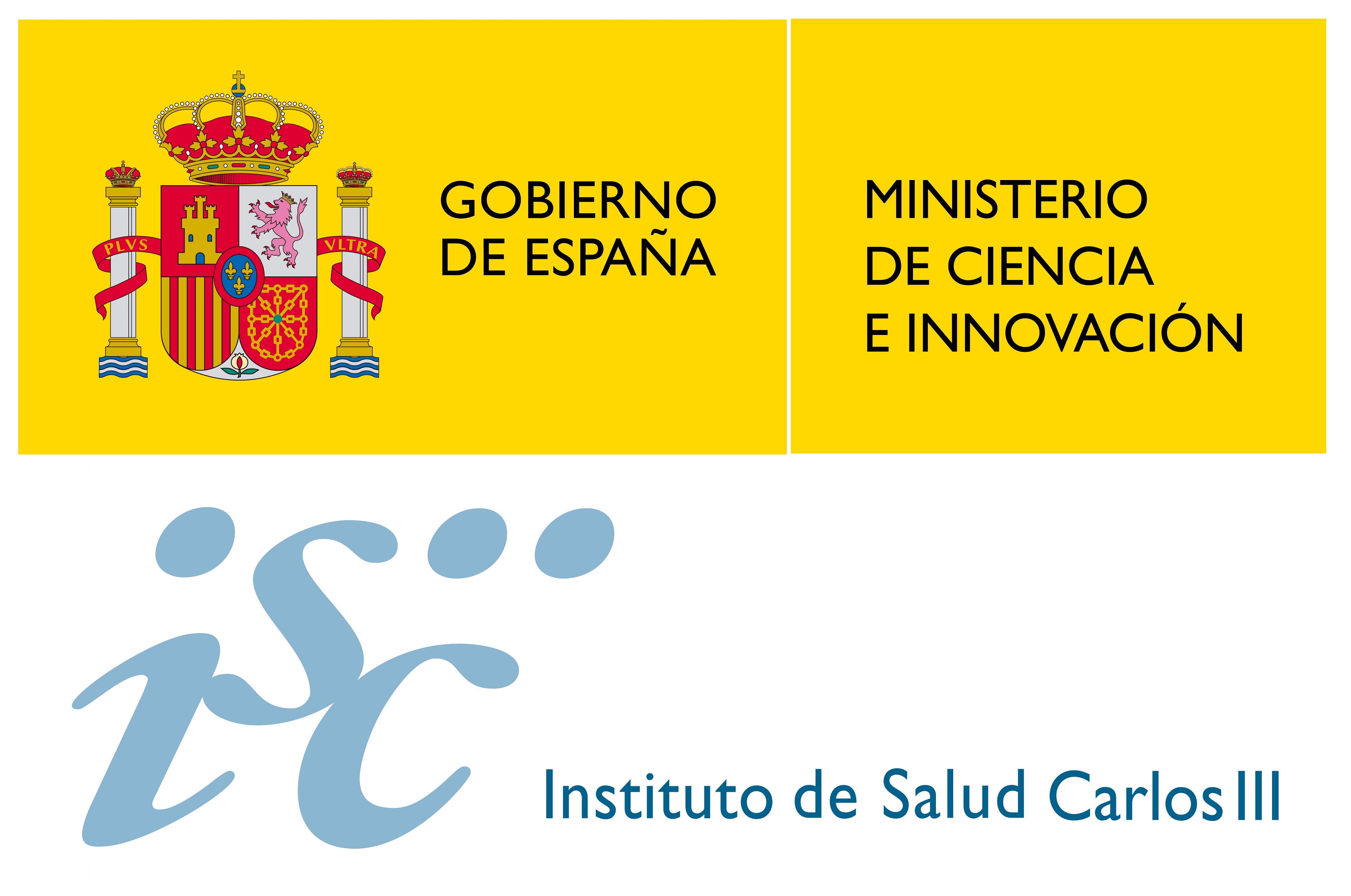
Health Institute Carlos III
If you are the contact person for this centre and you wish to make any changes, please contact us.
Director of the National Centre for Tropical Medicine (CNMT) at the Carlos III Health Institute
PhD in Pharmacy, Professor of Human Physiology at the University of Navarra, member of the CIBER Physiopathology of Obesity, Carlos III Health Institute and IDISNA (Navarra)
Head of the Influenza and other Respiratory Virus Surveillance Group of the National Epidemiology Centre.
Researcher at the Reference and Research Laboratory in Mycology, National Microbiology Centre, Instituto de Salud Carlos III
Senior Scientist at the Health Institute Carlos III
Researcher in social epidemiology, public health and biostatistics
Researcher with a PhD employed at the National Epidemiology Centre of the Carlos III Health Institute (ISCIII)
Senior scientist at the Carlos III Health Institute
Senior Scientist at the Special Pathogens Research and Reference Laboratory of the National Microbiology Centre of the Carlos III Health Institute
Director and Research Scientist at the Institute for Rare Diseases Research (IIER), Carlos III Health Institute (ISCIII)
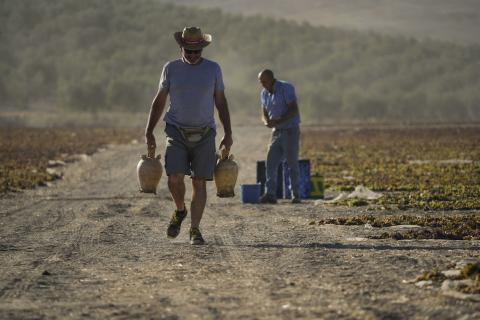
Counting deaths attributable to the effects of high temperatures is basic as a public health surveillance tool, but it should not become the only research objective. It is necessary to know why the population in some places adapts better than others to heat waves, what variables influence them, and to modify them when possible.

Living near green spaces over a long period of time is associated with better health, an association more marked in women and white people than in men and black people, according to a study conducted in four US cities. The analysis concludes that exposure to urban green space between 1985 and 2006 is associated with slower epigenetic ageing, and that this association is stronger in disadvantaged neighbourhoods. The international team publishing this paper in Science Advances includes a researcher from ISGlobal in Barcelona.
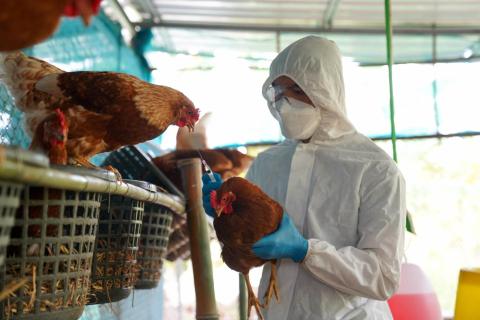
Although outbreaks of H5N1 avian influenza have reached record numbers in recent years, human infections remain anecdotal. A study published today in Nature identifies a protein responsible for inhibiting the replication of this virus in humans, while 'human' flus are able to evade it. The authors propose that this protein with antiviral activity evolved in primates and consider that resistance or sensitivity to it should be taken into account when assessing the zoonotic potential of avian influenza viruses.

On 5 April, the UK National IHR Focal Point informed WHO of an increase in severe myocarditis in neonates associated with enterovirus infection in Wales (UK). Between June 2022 and April 2023, ten hospitalised neonates with a positive PCR for enterovirus were found to have myocarditis. Seven of the ten cases were confirmed to have coxsackievirus B3 or coxsackievirus B4. As of 5 May 2023, one patient remained hospitalised and one patient had died. According to the WHO statement, although enterovirus infections are common in neonates and infants, the reported increase in myocarditis - inflammation of heart muscle tissue - with severe outcome associated with enterovirus infection is unusual.
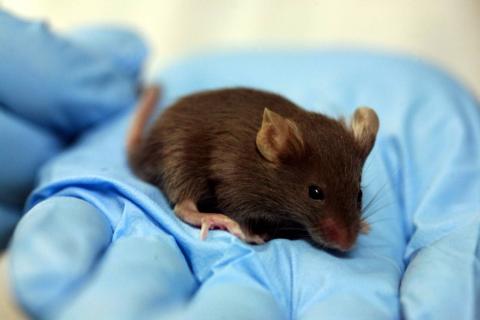
A drug in gel form cured 100 percent of mice with a very aggressive brain tumor. The authors hope that this is a first step towards helping human patients with glioblastoma, one of the most dangerous brain tumors in humans. The article is published today in PNAS.
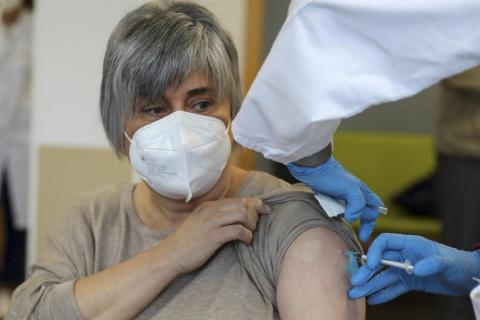
A study published in the journal Science Translational Medicine shows the results of a phase 1 trial of a new broad-spectrum influenza vaccine. Prepared in the form of nanoparticles containing the H1 hemagglutinin stem-a region that is often conserved in different subtypes of the virus-the vaccine was generally well tolerated by participants, who showed only mild side effects such as tenderness and headaches. The prototype generated an antibody response to group 1 influenza viruses in all age groups.
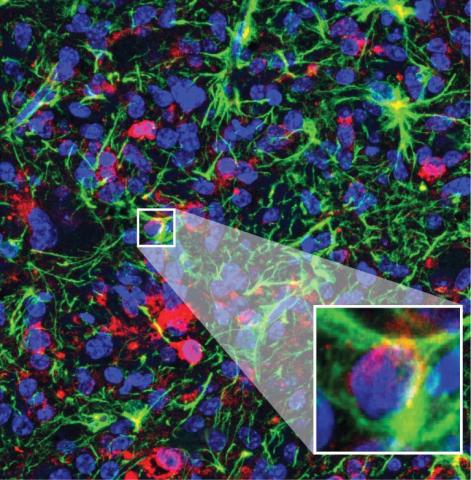
Between 10-15% of childhood brain tumours are diffuse midline gliomas, a type of tumour that occurs within the brainstem, making it almost impossible to remove surgically. Research published in Science Translational Medicine has used a type of molecule (antisense-ASO oligonucleotides) in mouse models of this tumour to slow tumour growth and prolong survival. The authors hope that the research will reach clinical trials and, in that case, the potential new treatment would be combined with others such as radiotherapy or immunotherapy with CAR-T cells.

An international group of researchers has conducted an epidemiological study to investigate the correlation between fine particulate matter (PM2.5) air pollution and certain types of lung cancer. The authors have confirmed their findings in animal models, according to research published in Nature.
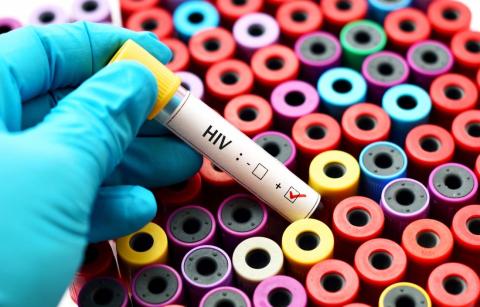
A study published in the journal Cell shares the case of the "New York patient", a woman with leukaemia and HIV who identifies as "mixed race" and has been free of the virus since 2017. She would be the first woman to be cured of the virus after a bone marrow transplant and there are now four such cases, along with patients in Düsseldorf, Berlin and London. The method involves transplanting HIV-resistant stem cells, this time from umbilical cord blood.

Un estudio ha estimado las muertes por cáncer que se producirán en la Unión Europea y el Reino Unido en 2023. Comparándolas con las observadas en 2018, estiman que se reducirán en un 6,5 % en hombres y un 3,7 % en mujeres de forma global. Sin embargo, en España aumentará la mortalidad por cáncer de pulmón en mujeres. Los resultados se publican en la revista Annals of Oncology.